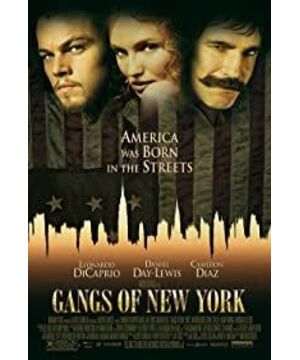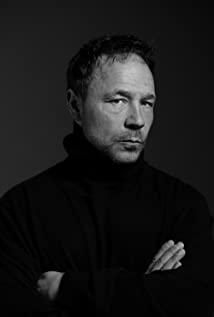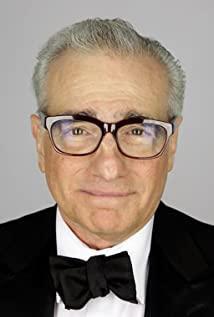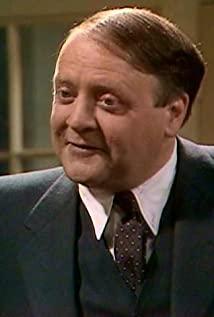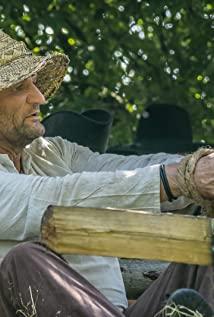Movies have always been accompanied by higher documentation and aesthetic evolution. Director Martin Scorsese, in the movie "New York Gangs", showed us the establishment of New York City, a city symbolizing the United States. The director portrayed a story of revenge in the film, which is also the story of the growth of little people that Hollywood is best at. In a film with historical evolutionary significance, the growth of this representative little person is the epitome of history. From this perspective, the director De-narration increases the visibility of the story, which is more in line with the audience's demand for movies as entertainment in the commercial film era. At the same time, the film also discusses many discussions about the Civil War, racial discrimination, the gap between the rich and the poor, and beliefs in the special historical background of that period. Who is the American? This question is also buried under the clues of revenge. At the end of the film, the changes in the city of New York, Warren took revenge on Bill, the army suppressed the mob, and the ruling class lost only a few votes. This understatement also scratched the end of this history.
View more about Gangs of New York reviews


